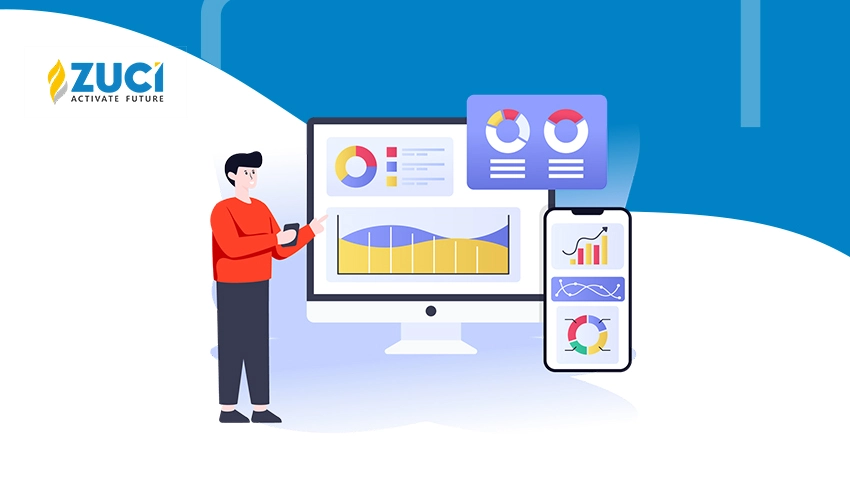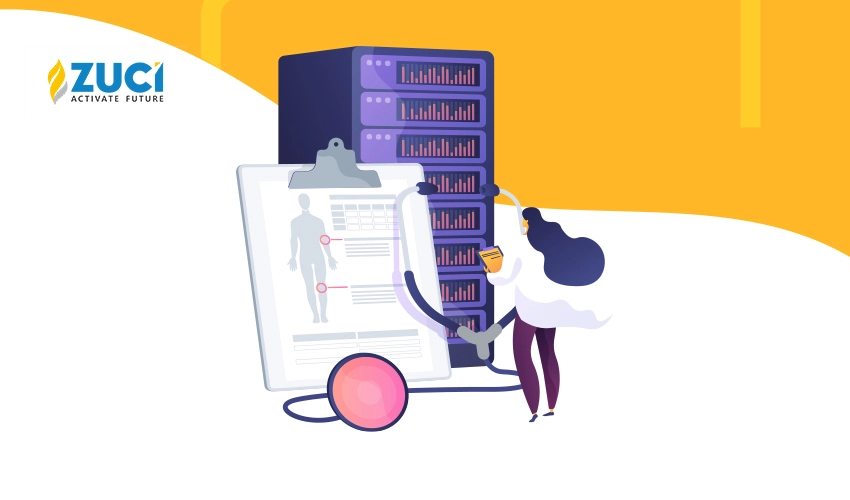Reading Time : 1 Mins
Most Popular MLOps Tools: An Evolving List
I write about fintech, data, and everything around it
This is a blog about the most popular MLOps tools which are in the use of our company. We monitor data from a variety of sources that regularly update their tools lists and we maintain this list.
Businesses that want to lead the highly competitive market must adopt machine learning and AI technology. Complex software and tools are not only for tech companies any longer. An organisation deserves the best technology to reduce operational costs and improve profitability.
That said, irrespective of business size, you can adopt MLOps (Machine learning Operations) to analyse your business units’ execution activities. By collaborating and communicating effectively, data scientists and operations professionals work together to reduce management overheads and automate business models. Various business giants such as Microsoft, Dell, Cisco, etc., initiated MLOps tools adoption to use machine learning.
Why Are MLOps Tools Important?
A business organisation must build a machine learning model to benefit from its advantages. Relevant data about a business goal is first collected, cleaned, and further used to program a machine learning model for further tests. An ML model is adaptive, and it keeps improving until the business goal is achieved. The model is further used to optimise business performance. This entire process involves multiple teams such as software engineers, data scientists, and auditing teams, and they can all work together effectively despite having different goals. The data used in an ML model changes continuously, and accurate data must be communicated with various teams. The infrastructure required to build the ML model is inherently complex, with many interfaces.
MLOps tools manage the process to make ML lifecycle management more accessible. These tools provide the necessary infrastructure and framework to build a machine learning model that is deployable and scalable. Data scientists can save a lot of time, money, and effort by creating a more extensive portfolio of different production models.
Evolving List Of MLOps Tools
All-in-one MLOps tools provide a much easier solution to creating the ML model. Depending on the demands of the data science project, multiple MLOps tools can be pieced together to create a customized solution.
Some of the most popular MLOps tools are as follows.
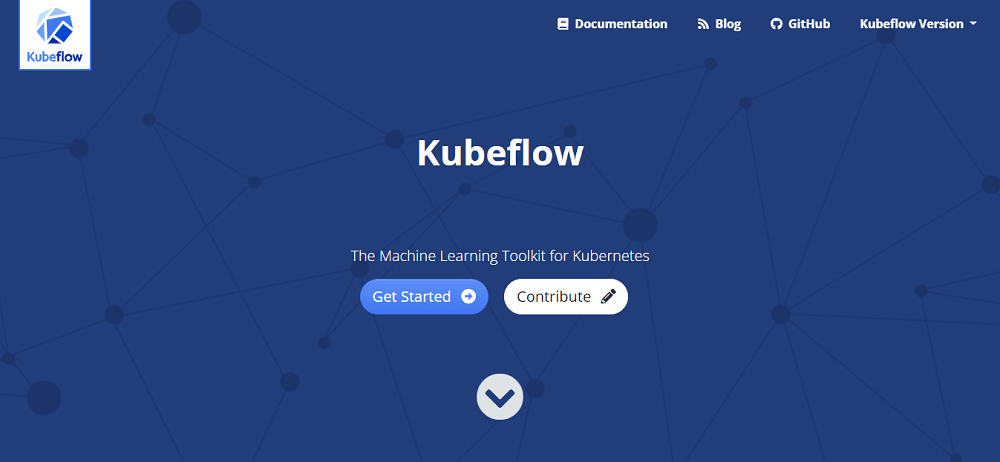
1. Kubeflow
This is a comprehensive open-source tool with multiple features to use in different phases of ML model creation, such as training, creation of pipelines and management of Jupyter code notebooks. Integrates with Istio and several other frameworks.
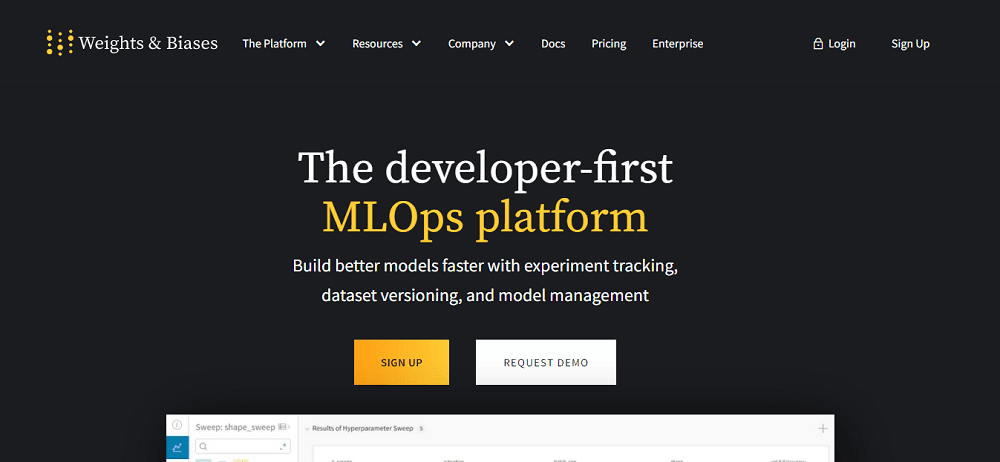
2. Weights & Biases
This is primarily a developer tool that enables faster model building. Dataset versioning, model management, and experiment tracking are other added features.
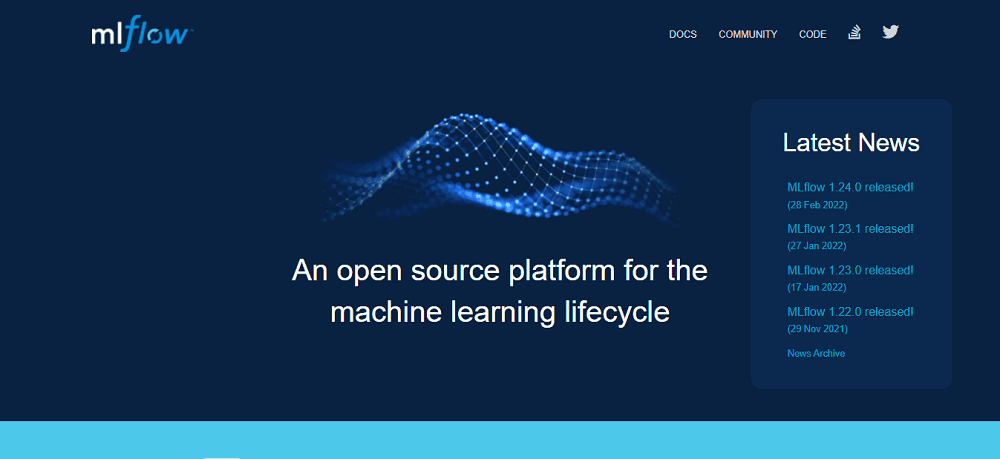
3. MLflow
This open-source ML lifecycle management platform is useful in the ML model’s project packaging, tracking, and model deployment stages. It works with TensorFlow and Pytorch ML libraries. This tool is preferred by Python and JavaScript programmers.

4. Comet
This proprietary tool makes ML model tracking easier while improving collaboration, visibility, and productivity. It makes it easier for developer and data science teams to work together to derive advanced experimental metrics.
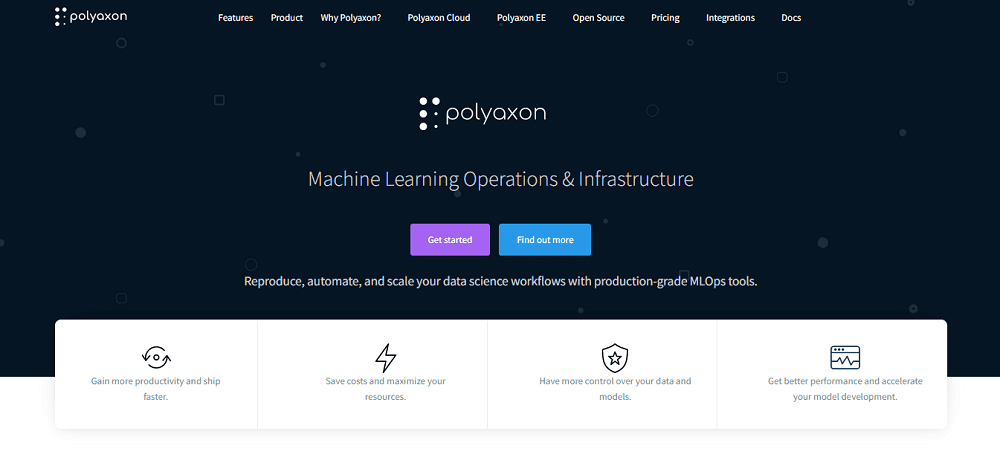
5. Polyaxon
This open-source tool aids in reproducing, automating, and scaling data science workflows. It supports major libraries such as TensorFlow, Keras, Caffe, etc.
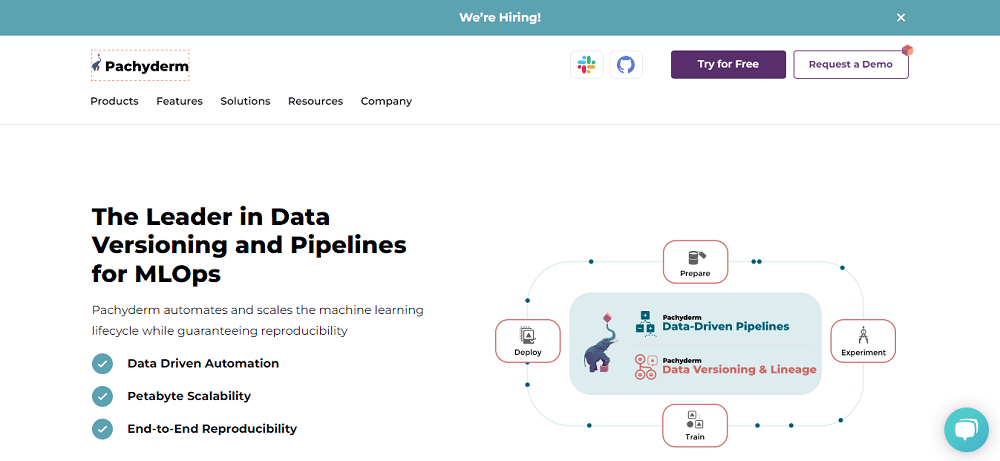
6. Pachyderm
This MLOps tool is used in version control for data science. Docker and Kubernetes form the basis of Pachyderm. It supports multiple cloud platforms. The software is written in Golang.
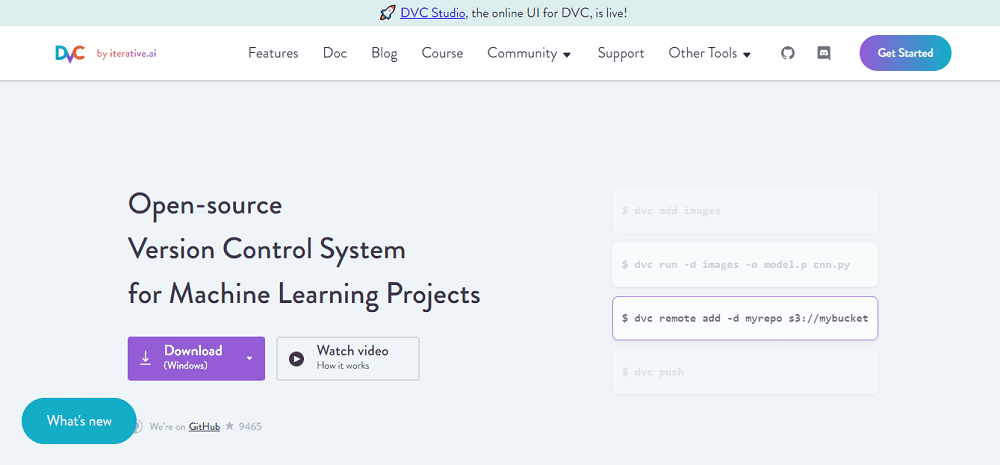
7. DVC – Data Version Control (DVC)
As the name indicates, DVC – Data Version Control (DVC) provides management of datasets through adequate versioning. It is a command-line tool based on a Git-like model.
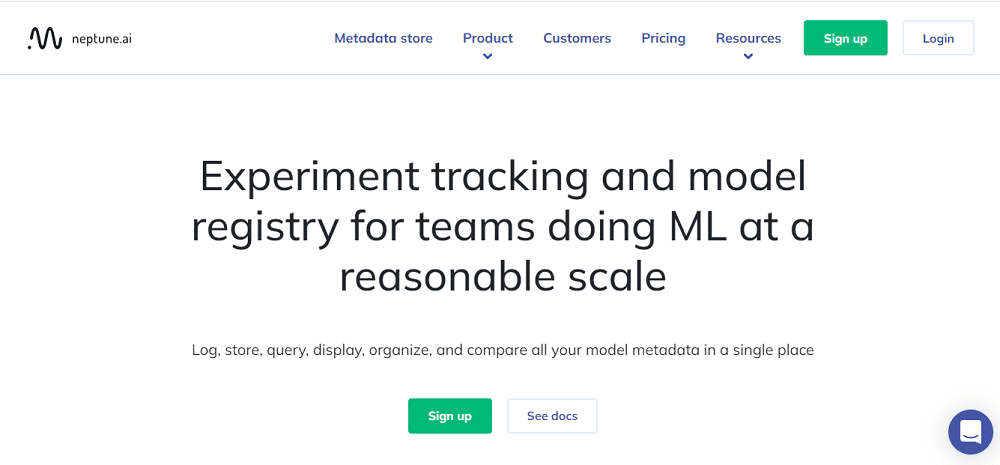
8. Neptune
This metadata store enables logging, storing, displaying, organising, comparing, and querying all metadata used in ML model building. This platform is also helpful in experiment tracking, monitoring ML runs and model registry.
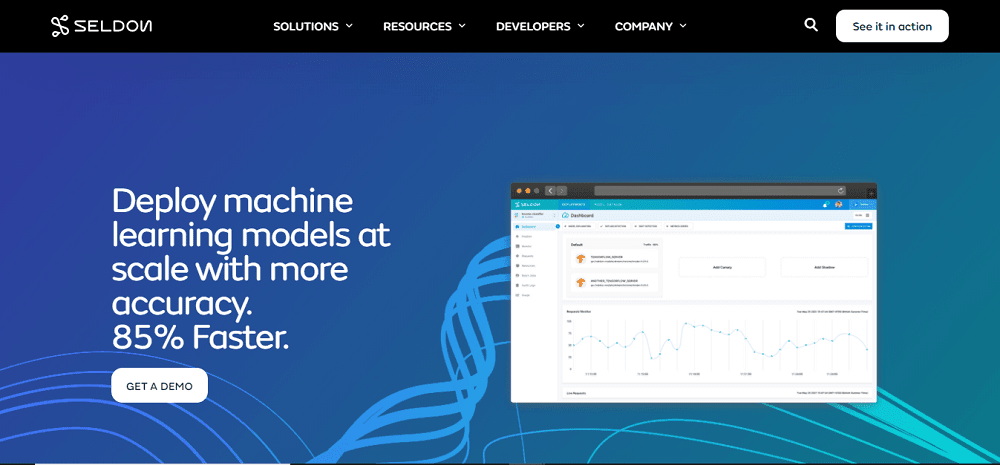
9. Seldon
This open-source framework streamlines ML workflows using advanced logging, testing, and scaling metrics. It also helps in converting models into production microservices. Its features are useful in containerisation. Jupyter Notebook is the primary language used in Seldon.
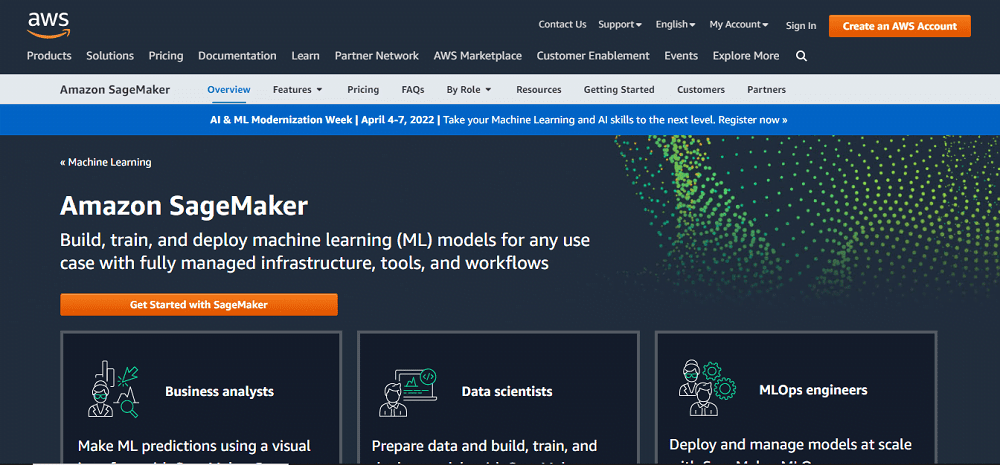
10. Amazon SageMaker
This proprietary tool is useful throughout machine learning lifecycle management as ML models are built, trained, and deployed quickly. The resulting model is highly scalable, reducing the overload on developers.
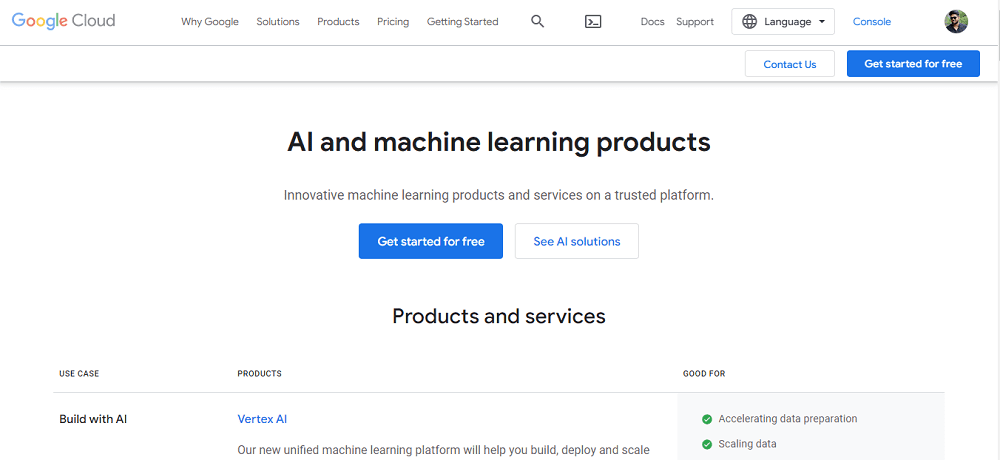
11. Google Cloud AI
Numerous developers use this platform for a cloud-based infrastructure framework. The pre-trained models available make it easier to create custom-made ML models.
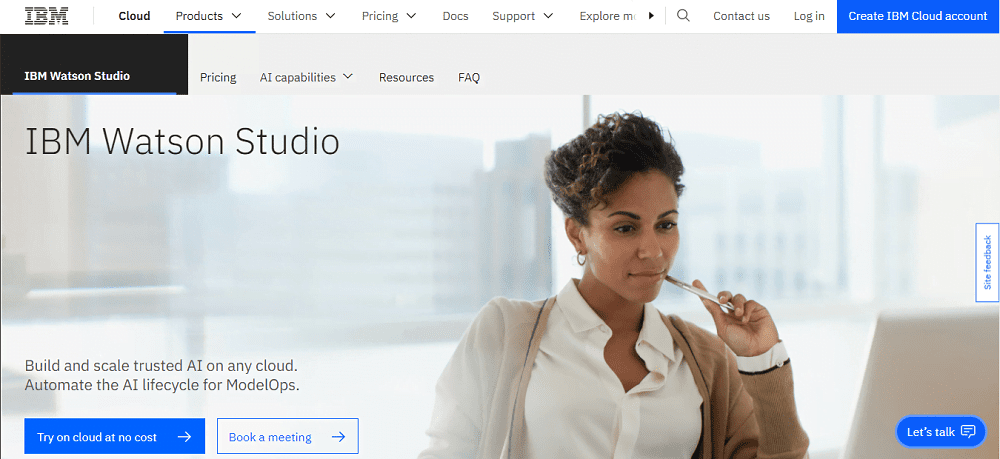
12. IBM Watson Machine learning
This proprietary tool is free to try as it can be used to deploy five scalable models using a multitude of features. The self-learning models can be created using this tool, but you have to pay based on the number of predictions.

13. Huawei Cloud ModelArts
This is a proprietary tool designed to be an all-inclusive development platform for AI machine learning models. It is easy to use for developers and data scientists.
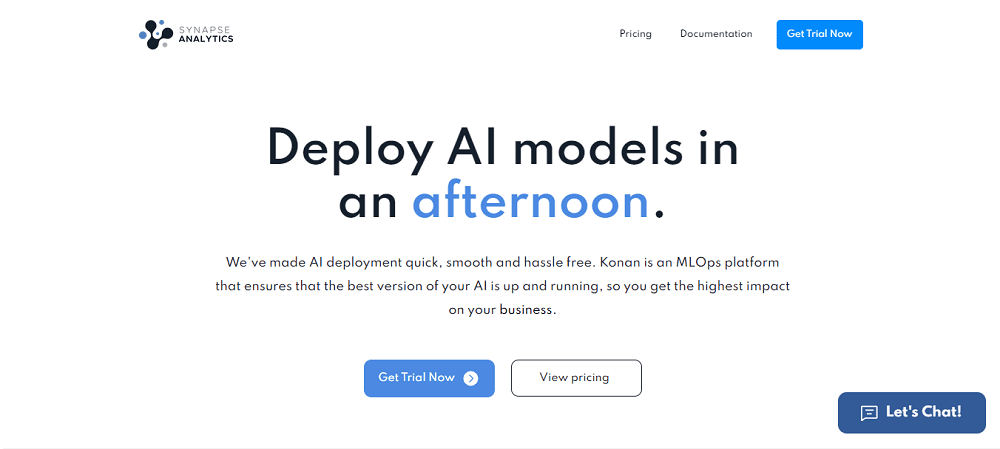
14. Konan
This proprietary tool makes model deployment a breeze. It provides data drift monitoring, auto-scaling infrastructure, and quick model deployment.
The MLOps tools mentioned above combine various features and provide an integrated solution to create enterprise ML models. It would be best to have these tools for data management, modelling and design, deployment of ML models, ongoing maintenance of existing ones, and overall project management. The tools that you choose should help you in all these key areas. Learning more about the prospects and future of MLOps will help you make an informed decision about the MLOps tools suitable for your organisation.
Related Posts


